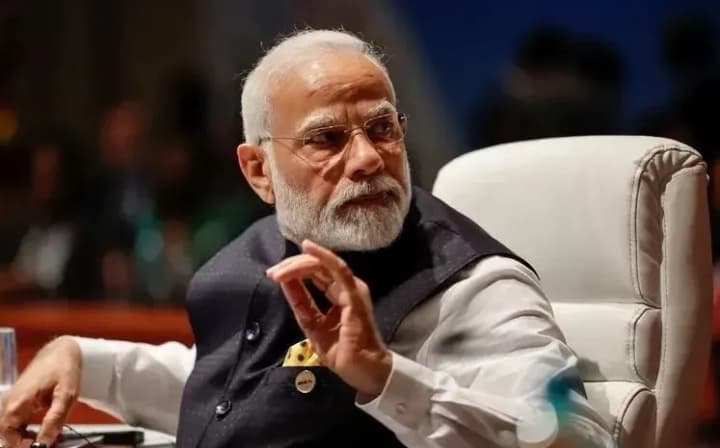India has announced the date of the general election, which will begin on April 19 and last six weeks. Most polls already predict a victory for incumbent Prime Minister Narendra Modi and his Hindu nationalist Bharatiya Janata Party, Reuters reports, according to UNN.
Details
It is noted that this is the largest election in the world with almost a billion eligible voters.
The voting in the world's largest democracy will be spread over seven stages, with different states voting at different times, and the results will be announced on June 4.
More than 970 million voters - 10% of the world's population - will elect 543 members of the lower house of parliament for a five-year term.
Modi, who is running for a third consecutive term, has faced little difficulty as the main opposition alliance of more than two dozen regional parties led by the Indian National Congress party appears to be cracking, amid rivalries, political defections and ideological table stakes.
Analysts say that the election is likely to cement Modi as one of India's most steadfast and consistent leaders, who is seeking to transform the country from a secular democracy into an openly Hindu state.
Each phase of the election will last one day, with multiple constituencies in different states, densely populated cities, and remote villages voting on that day. The staggered voting allows the government to deploy tens of thousands of troops to prevent violence and to transport election officials and voting machines.
Addendum Addendum
India has a majoritarian multi-party electoral system, in which the candidate with the most votes wins.
In the run-up to the election, Modi is touring the country, inaugurating new projects, giving speeches and interacting with voters. Support for the incumbent leader surged after he opened a Hindu temple in the northern city of Ayodhya in January, which many saw as an unofficial start to the campaign as it fulfilled a long-standing promise of his party.
Context
Modi, 73, first came to power in India in 2014 on the promise of economic development, presenting himself as an outsider who was cracking down on the political elite. Since then, he has become popular and has mixed religion with politics in a formula that resonates deeply with the country's Hindu population.
Critics say that Modi's nearly decade in office has been marked by rising unemployment, even as the economy has improved, attacks by Hindu nationalists on the country's minorities, especially Muslims, and a shrinking space for dissent and free media. The opposition claims that a victory for Modi's party could jeopardize India's status as a secular, democratic state.
